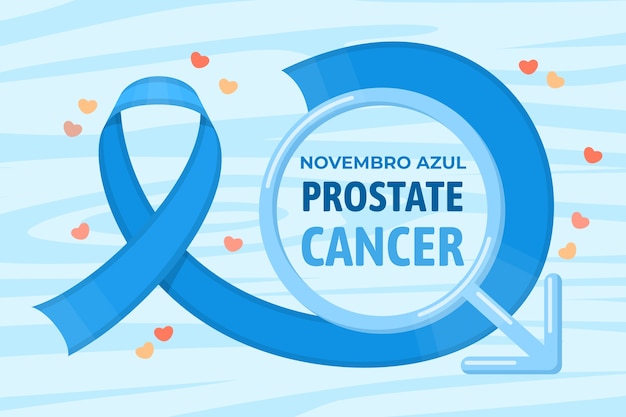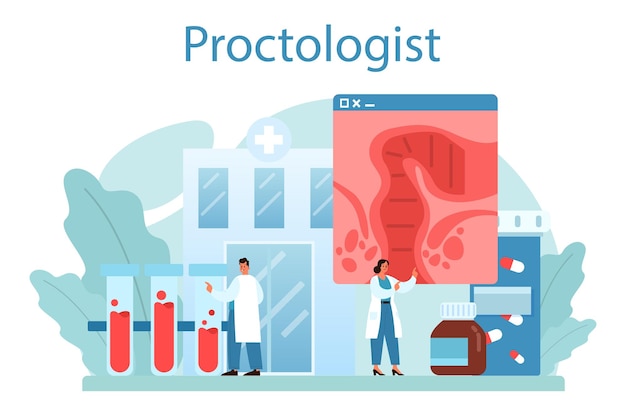Colorectal cancer, commonly known as colon cancer, is one of the most preventable forms of cancer—if caught early. Yet, it remains the second-leading cause of cancer-related deaths in the United States. Recent medical guidance now recommends that adults begin screening at age 45, a shift from the previous standard of 50. This change reflects a concerning rise in early-onset cases and underscores the importance of proactive health management.

Early awareness and screening can significantly reduce colon cancer mortality.
Over the past two decades, health experts have observed a steady increase in colon cancer diagnoses among adults under 50. According to the American Cancer Society, individuals born around 1990 now face double the risk of colon cancer and quadruple the risk of rectal cancer compared to those born in 1950. This alarming trend prompted the U.S. Preventive Services Task Force (USPSTF) to revise its guidelines in 2021, lowering the recommended screening age from 50 to 45 for people at average risk.
Starting screening earlier increases the chances of detecting precancerous polyps—abnormal growths in the colon that can develop into cancer over time. Removing these polyps during a colonoscopy can prevent cancer from forming altogether.
Several screening options exist, but not all are equally effective. The two most common approaches are colonoscopies and stool-based tests such as fecal immunochemical tests (FIT) or stool DNA tests (like Cologuard).
A colonoscopy is considered the gold standard. During the procedure, a flexible tube with a camera is used to examine the entire colon. If polyps are found, they can be removed immediately, stopping cancer before it starts. The test is recommended every 10 years for those with normal results.

A colonoscopy allows direct visualization and removal of polyps.
Stool-based tests, while non-invasive and convenient, only detect signs of cancer or precancerous conditions—they don’t prevent cancer. These tests look for hidden blood or abnormal DNA in the stool, which may indicate the presence of polyps or tumors. However, they require annual testing and, if results are positive, a follow-up colonoscopy is still necessary.
While stool tests are a valid option for those who cannot access or tolerate a colonoscopy, they are less effective at preventing cancer through early intervention.
Many people with early-stage colon cancer experience no symptoms. This is why screening—even when feeling healthy—is crucial. However, certain signs should never be ignored, especially if they persist:
If you experience any of these symptoms, consult a healthcare provider—even if you’ve recently had a negative stool test.
While screening is essential, lifestyle also plays a significant role in colon cancer risk. Factors that may increase your likelihood of developing the disease include:

A diet rich in fiber supports digestive and colon health.
Adopting a balanced diet, staying physically active, avoiding tobacco, and limiting alcohol can all contribute to lowering your risk.
Colon cancer doesn’t have to be a death sentence. With timely screening, it’s one of the most preventable and treatable cancers. If you’re turning 45, talk to your doctor about starting screening—don’t wait for symptoms.
Whether you choose a colonoscopy or a stool test, the most important step is to get screened. But for those who can access it, the colonoscopy offers the best chance at true prevention.
Early detection saves lives. Make your colon health a priority—your future self will thank you.

Health

Health

Health

Health

Health

Health

Health

Health

Health

Fitness

Health

Health